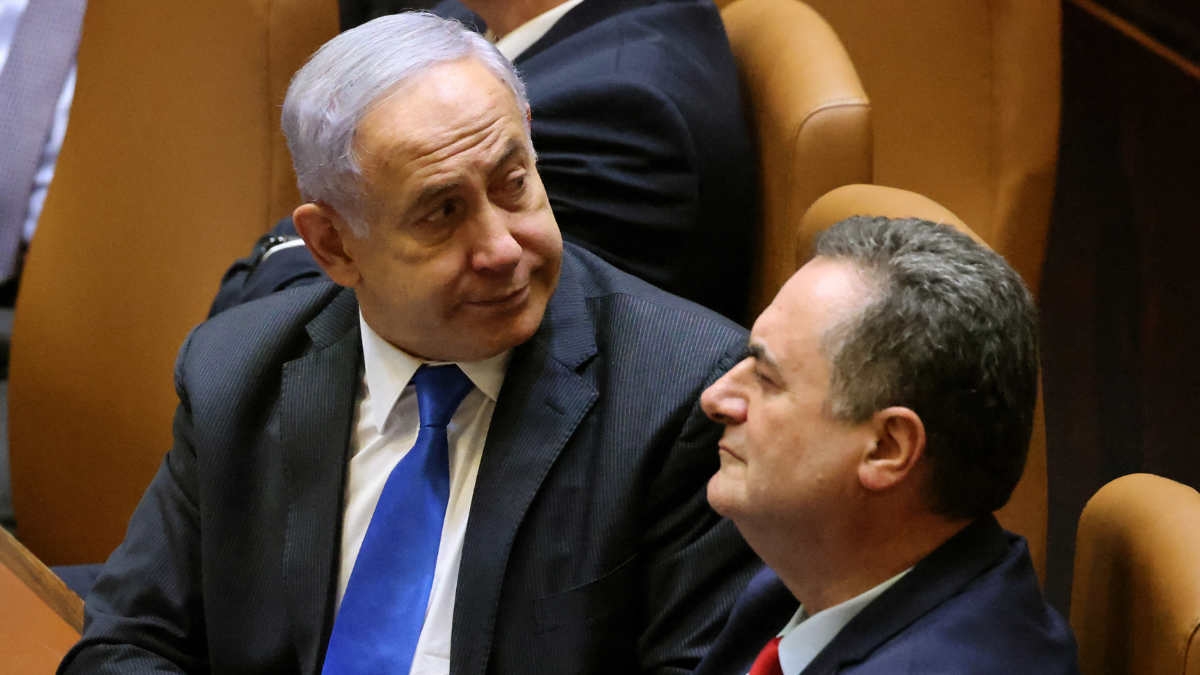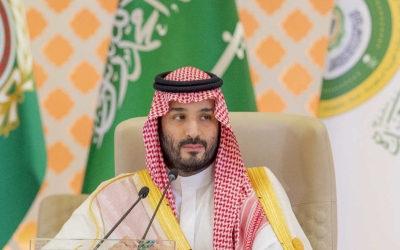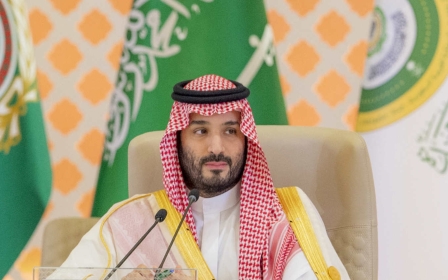Israel should oppose Saudi nuclear ambitions, top minister says

Israel's energy minister has called on his government to oppose efforts by Saudi Arabia to develop a civilian nuclear programme, putting a new obstacle in the way of Riyadh's apparent attempt to link acquiring nuclear technology with normalising relations with Israel.
"Naturally, Israel does not encourage such things. I don't think Israel should agree to such things," Energy Minister Israel Katz told Ynet TV on Monday, just one day before a key visit by US Secretary of State Antony Blinken to Saudi Arabia.
Saudi Arabia is being courted by Israel and the US to normalise ties with Israel. According to sources briefed on the talks, in exchange for establishing official relations, Riyadh wants security guarantees from the US, help in developing a civilian nuclear programme and fewer restrictions on arms sales.
Katz's comments make him the most senior official to date to push back against Riyadh's demands. Last week, Tzachi Hanegbi, Israel's national security adviser, said that Saudi efforts to gain American help with its civilian nuclear programme would have to clear US counter-proliferation regulations first, but that any deal would not make progress without Israel's input.
Israel does not have a veto on the transfer of US technology, but Washington has long consulted its closest Middle Eastern ally on security and defence issues to ensure it maintains a "qualitative military edge" against Arab states.
New MEE newsletter: Jerusalem Dispatch
Sign up to get the latest insights and analysis on Israel-Palestine, alongside Turkey Unpacked and other MEE newsletters
Yoel Guzansky, a Gulf expert at the Tel Aviv-based Institute for National Security Studies who previously served on Israel's National Security Council, previously told Middle East Eye that it would be a mistake for Israel to acquiesce to Saudi's nuclear demands.
"If the price for peace is giving Saudi Arabia enrichment capabilities, I think it's too high. Who knows what MBS [Crown Prince Mohammed bin Salman] would do in five years or even next year with that card."
Saudi Arabia has been trying to develop a nuclear programme for years. As part of Bin Salman's Vision 2030 plan, the Saudis want to use nuclear power at home and export enriched uranium.
But Saudi efforts to procure American nuclear technology have been hamstrung by their refusal to sign a 123 agreement with Washington, which requires foreign countries to pledge not to enrich uranium. They have explored ways to work with China and Russia on their nuclear programme.
Israeli support is likely to be crucial for the Saudis to obtain the backing of US lawmakers on the nuclear file.
A normalisation agreement between Saudi Arabia and Israel enjoys broad bipartisan support in US Congress, but Saudi Arabia's demands require major lobbying on behalf of the Biden administration at a time when members of the president's own party want to curtail the relationship over human rights concerns. Many US lawmakers have also expressed unease with Saudi's nuclear ambitions.
Blinken to advance normalisation
Katz's comments come at a critical time, with US Secretary of State Antony Blinken set to arrive in Saudi Arabia on Tuesday.
On Monday, the US diplomat told those attending the conference hosted by the pro-Israel lobby, the American Israel Public Affairs Committee (AIPAC), that the US has a real national security interest in promoting normalisation between Israel and Saudi Arabia, and that he would look to advance normalisation during his visit.
"We believe we can and must play a role in advancing it. We have no illusions that this can be done quickly or easily but we remain committed to working toward that outcome, including on my trip to Riyadh and Jeddah this week," Blinken said at the AIPAC event.
Any agreement faces an uphill battle. Besides US demands, Saudi Arabia has previously said it would not normalise ties until an independent Palestinian state is created. The Saudis have not publicly indicated a change to that position and Blinken raised the same issue at the AIPAC event.
"Israel's deepening relations with its neighbours can and should advance the wellbeing of the Palestinian people and the prospects for a two-state solution," Blinken said.
Middle East Eye delivers independent and unrivalled coverage and analysis of the Middle East, North Africa and beyond. To learn more about republishing this content and the associated fees, please fill out this form. More about MEE can be found here.





